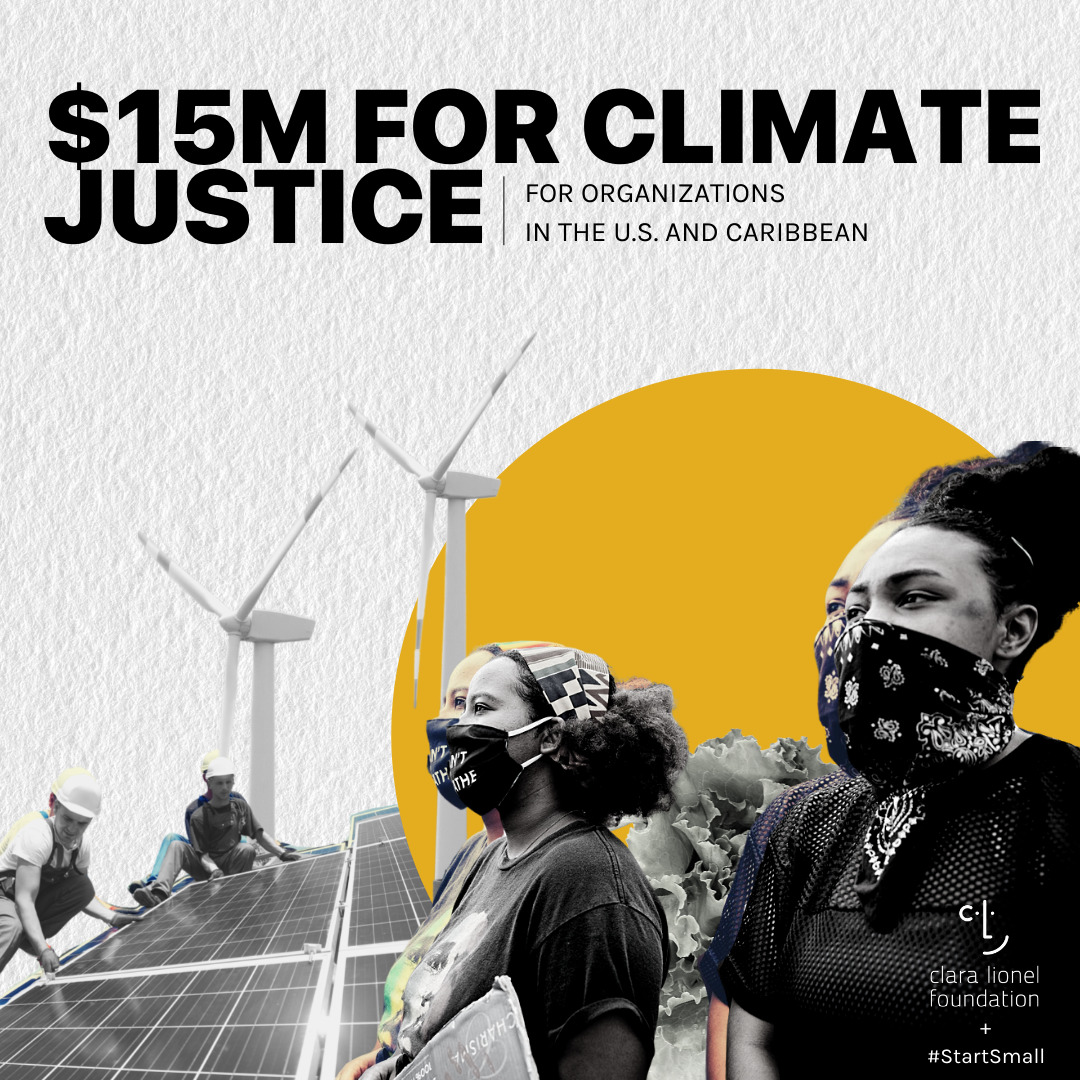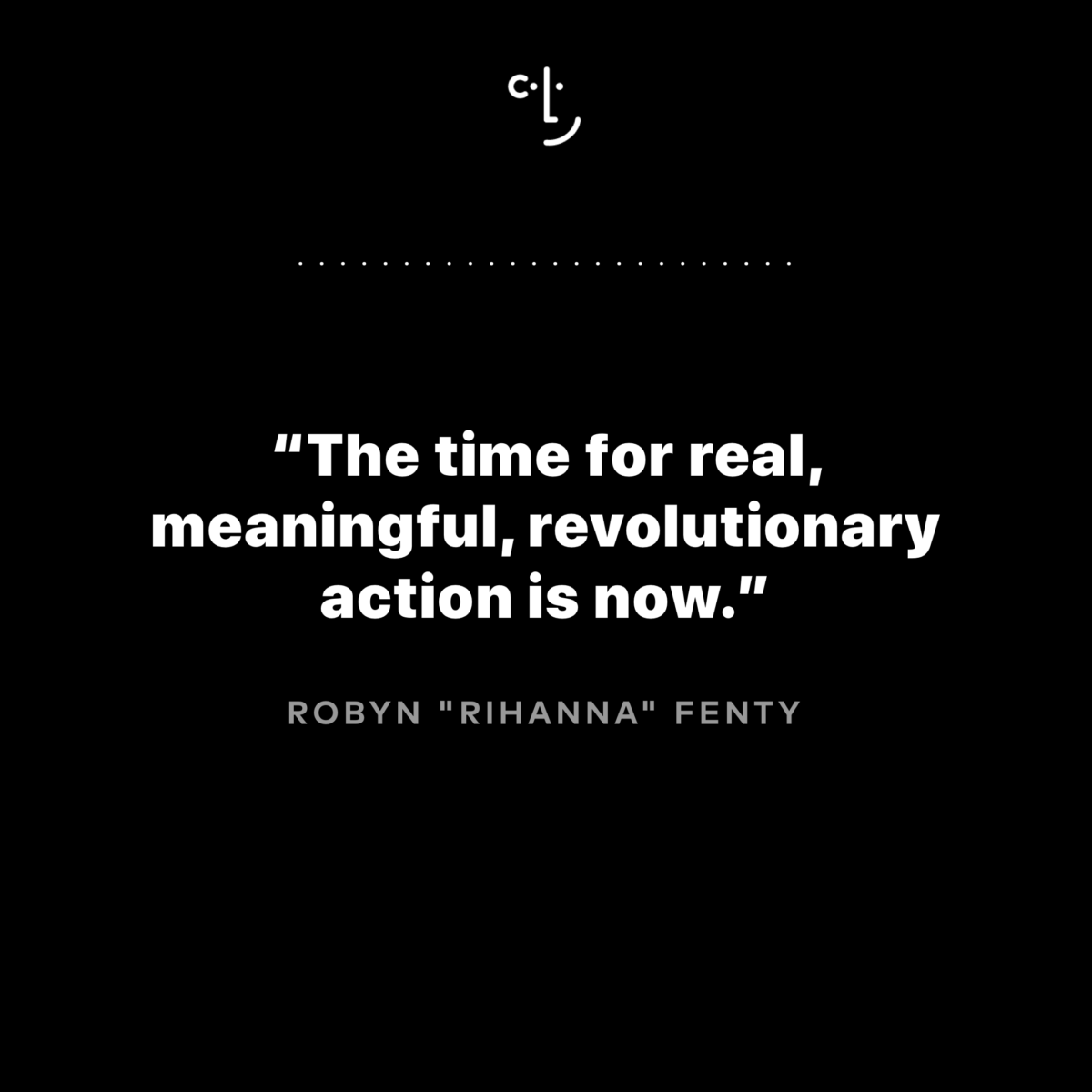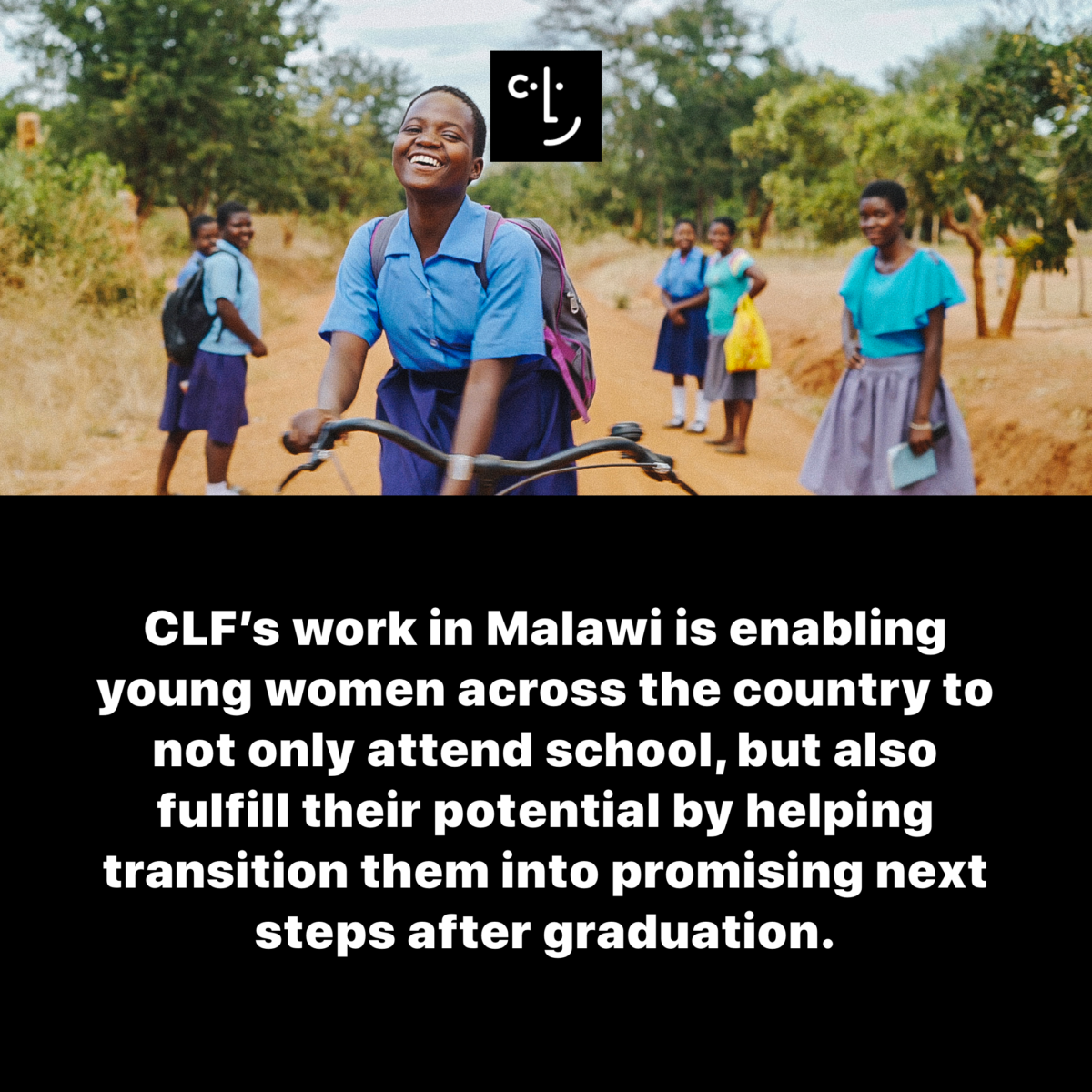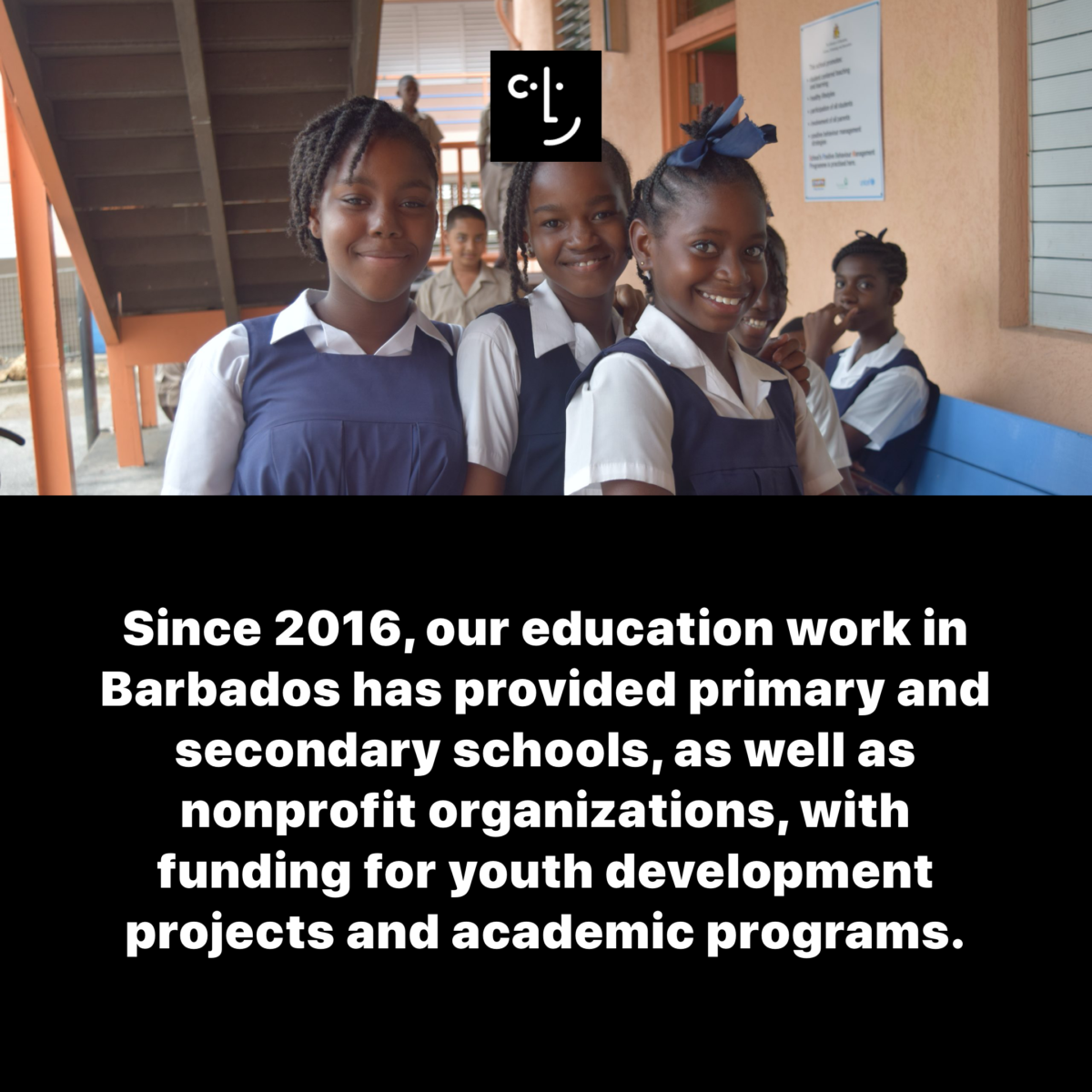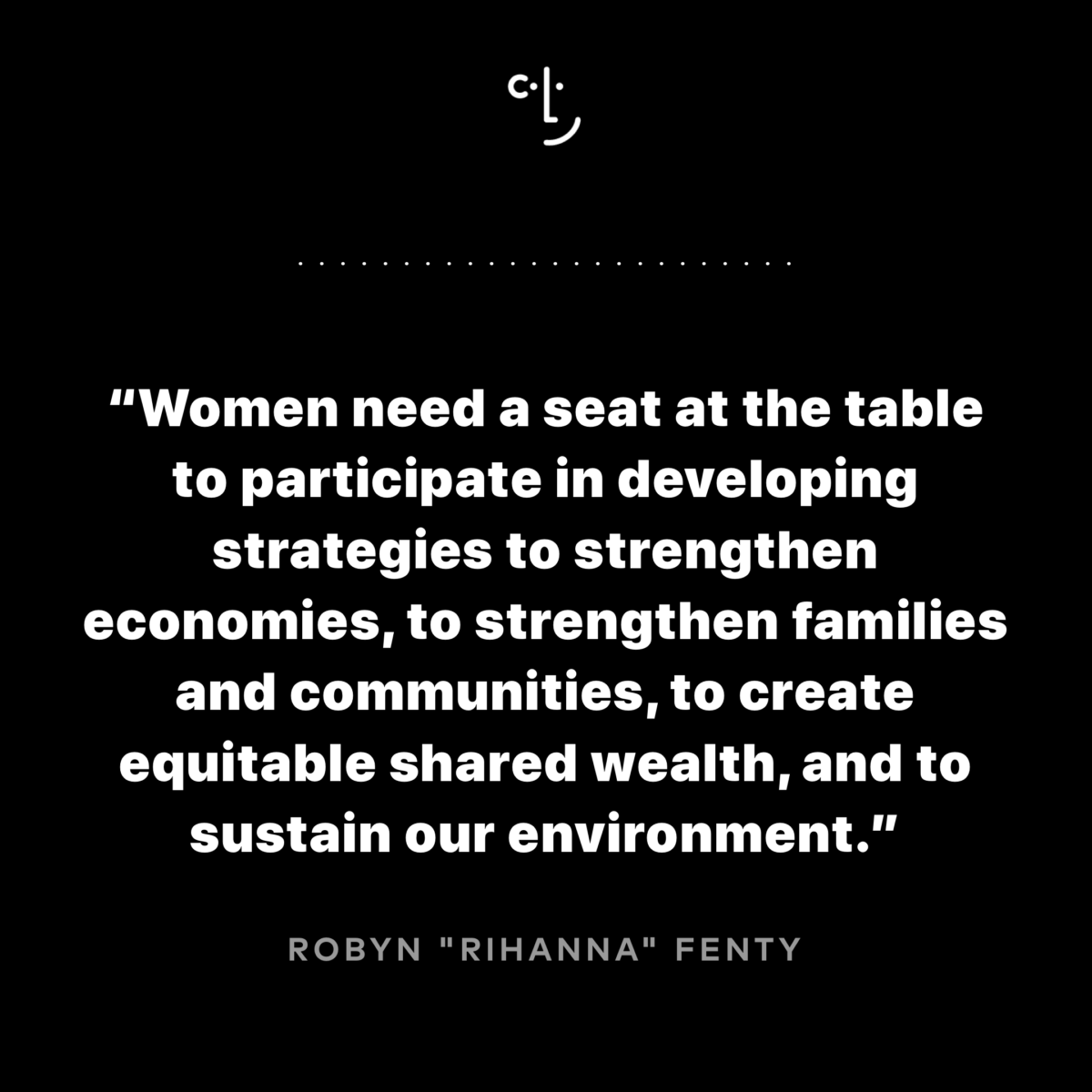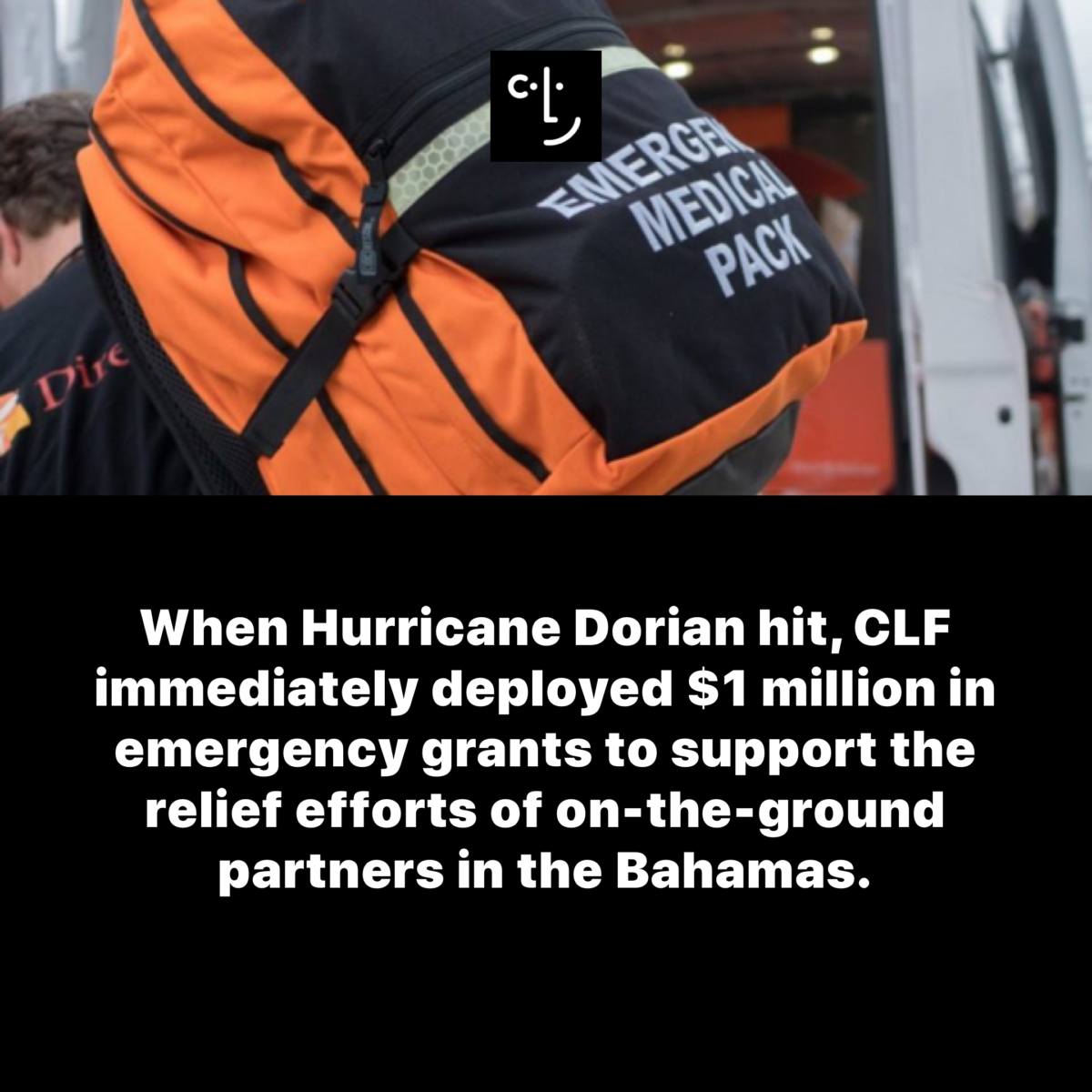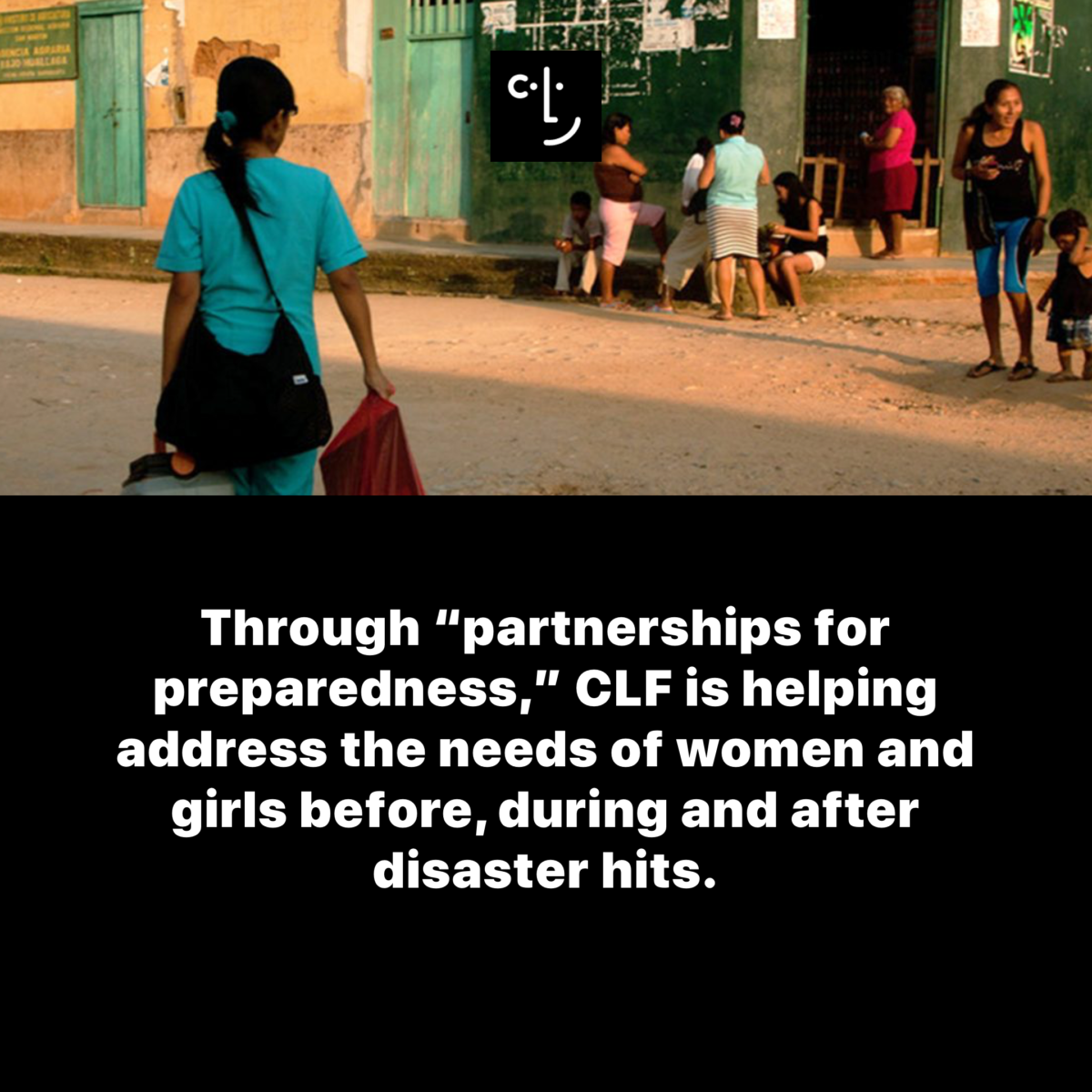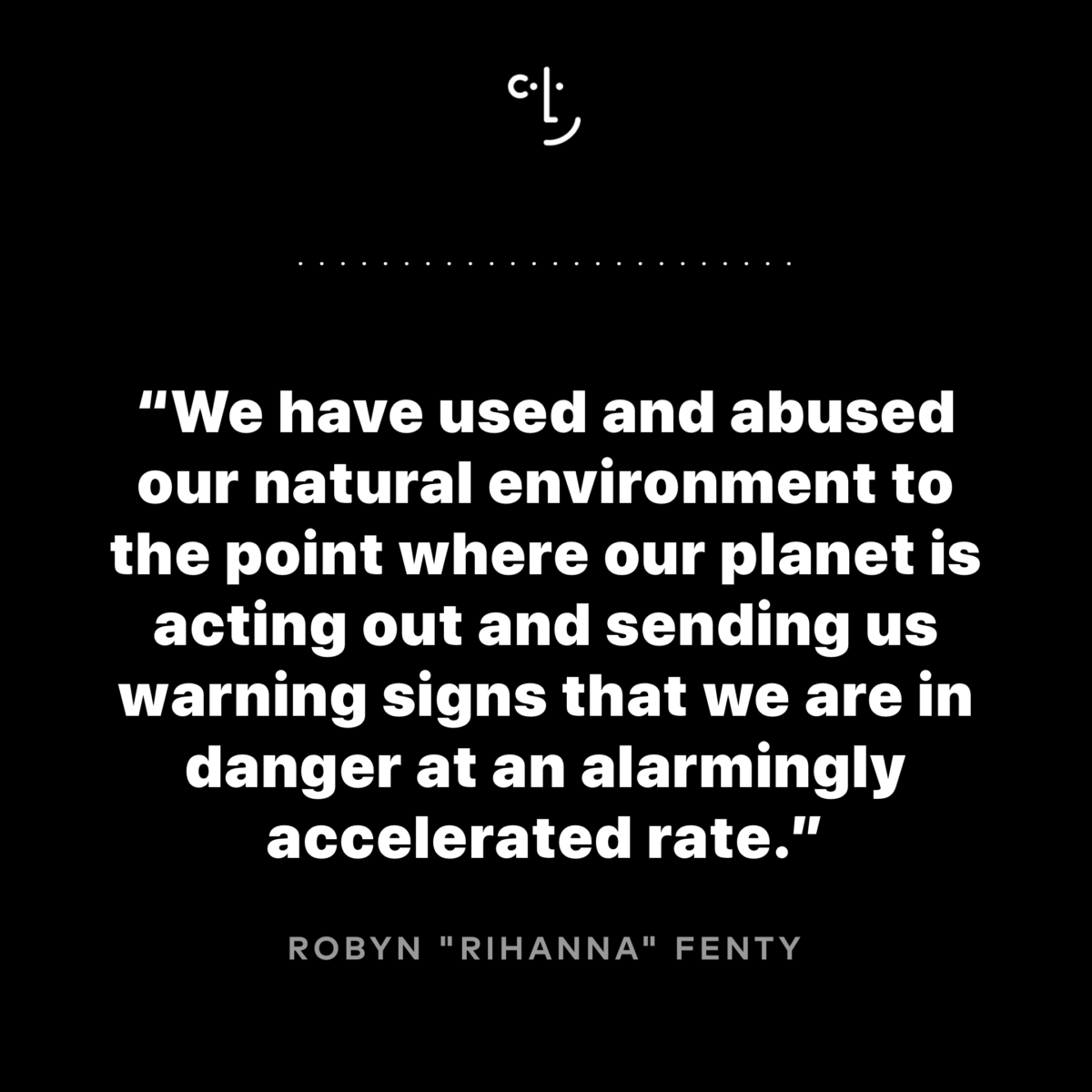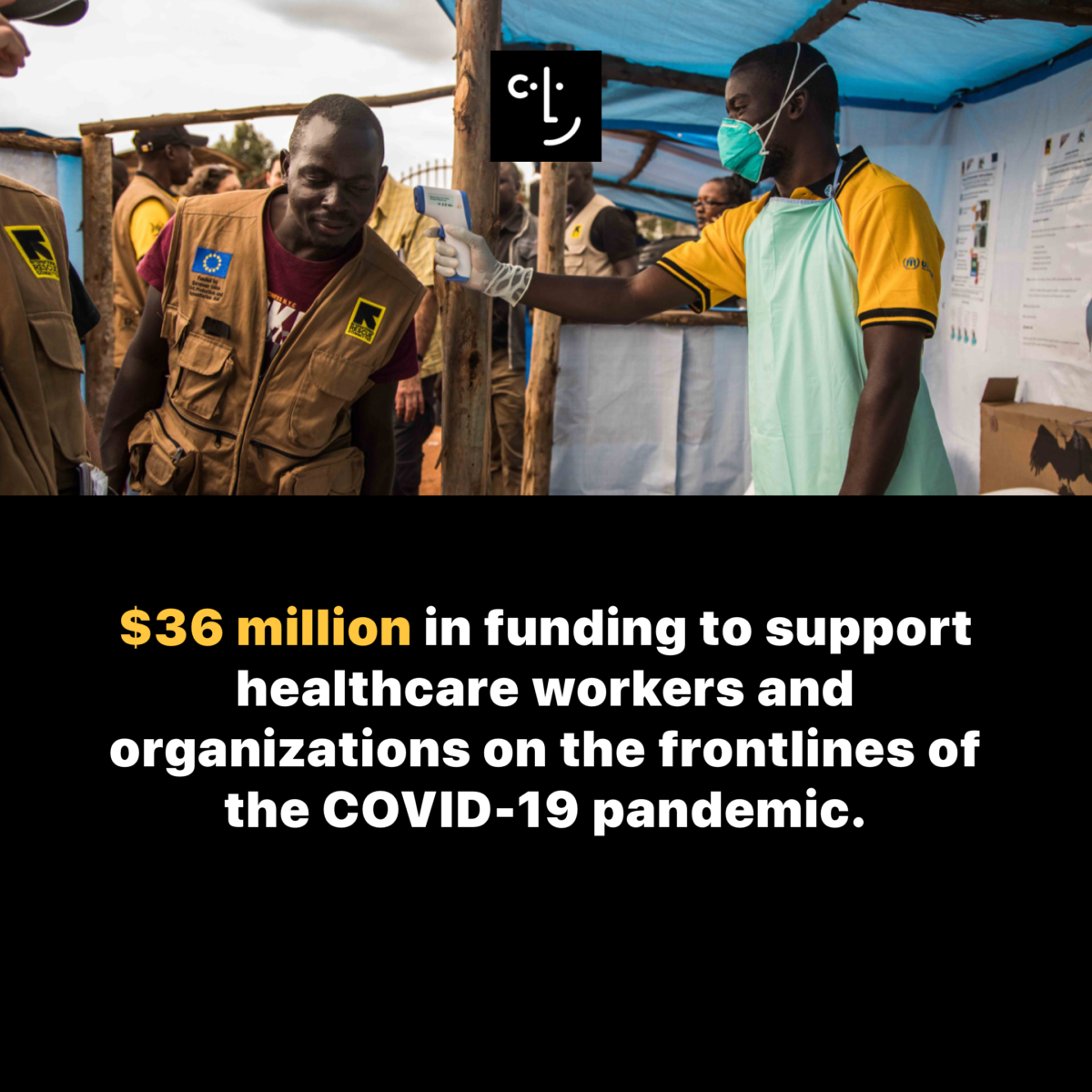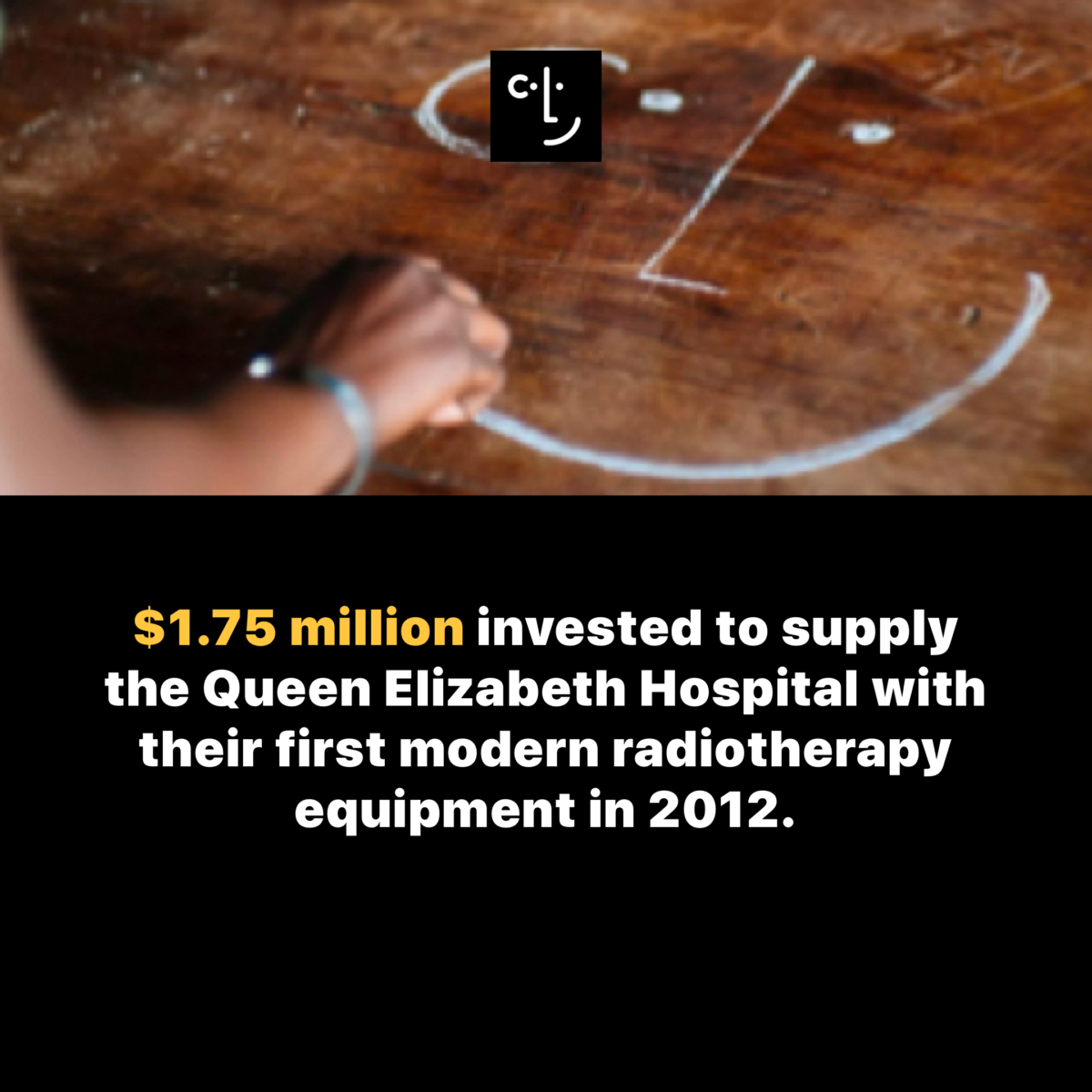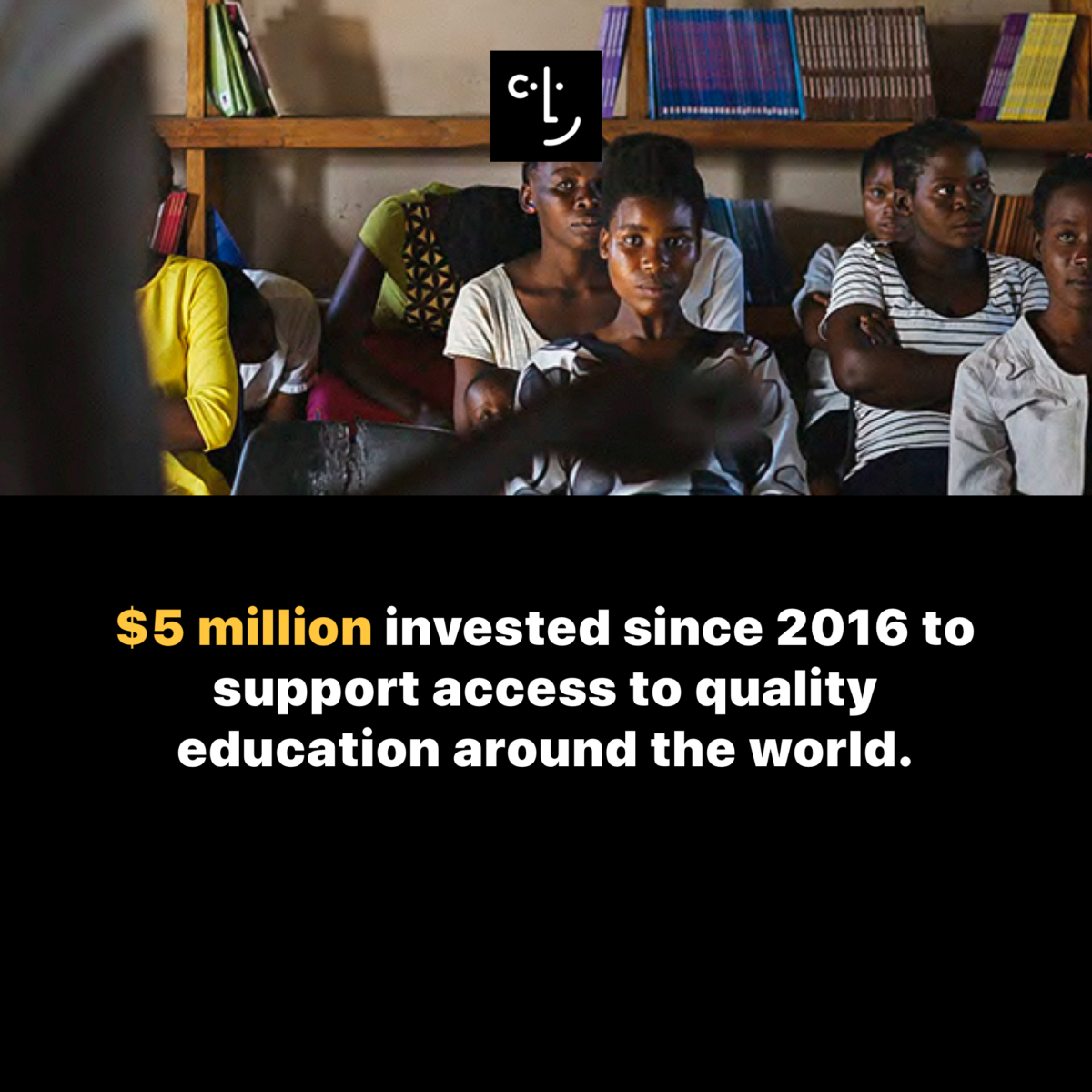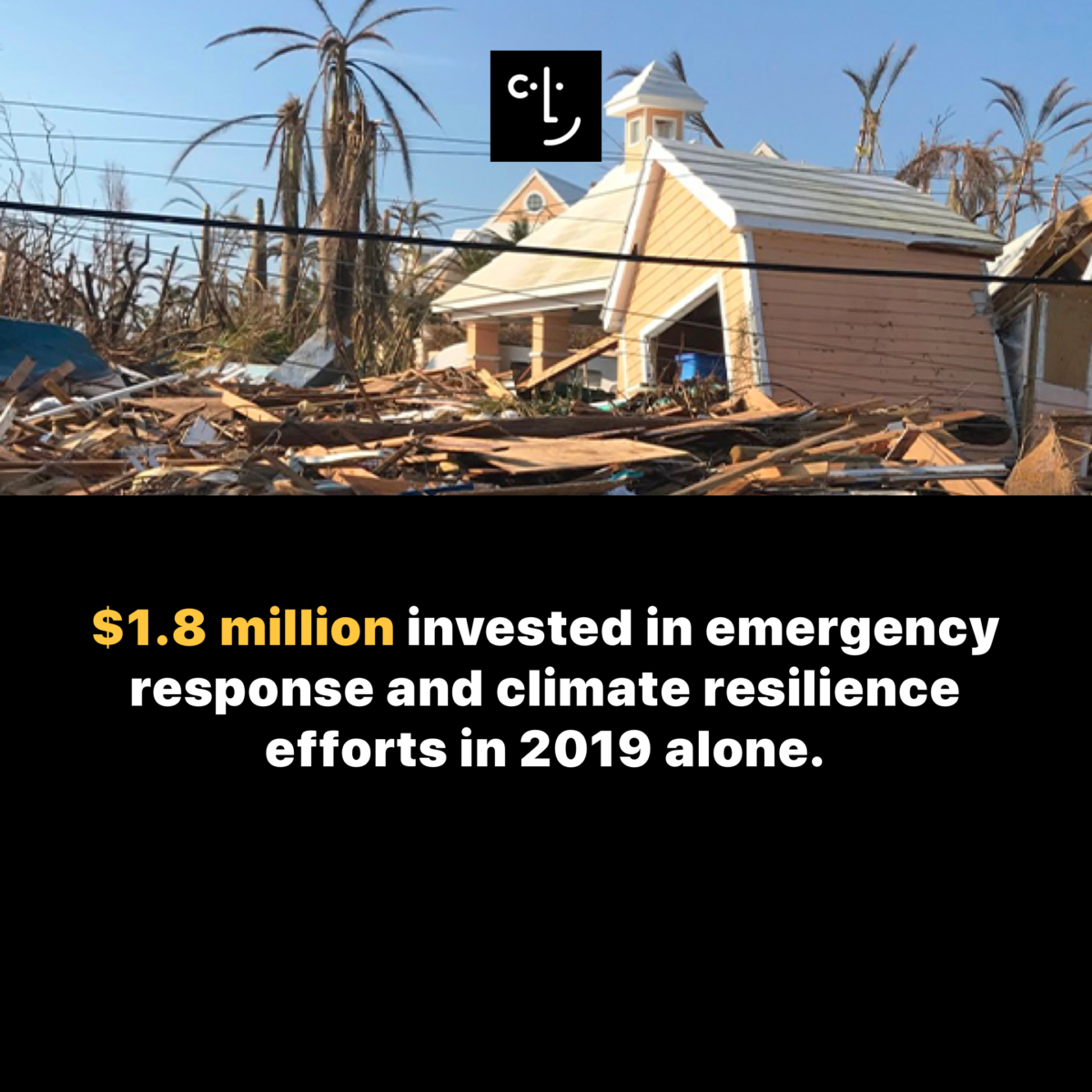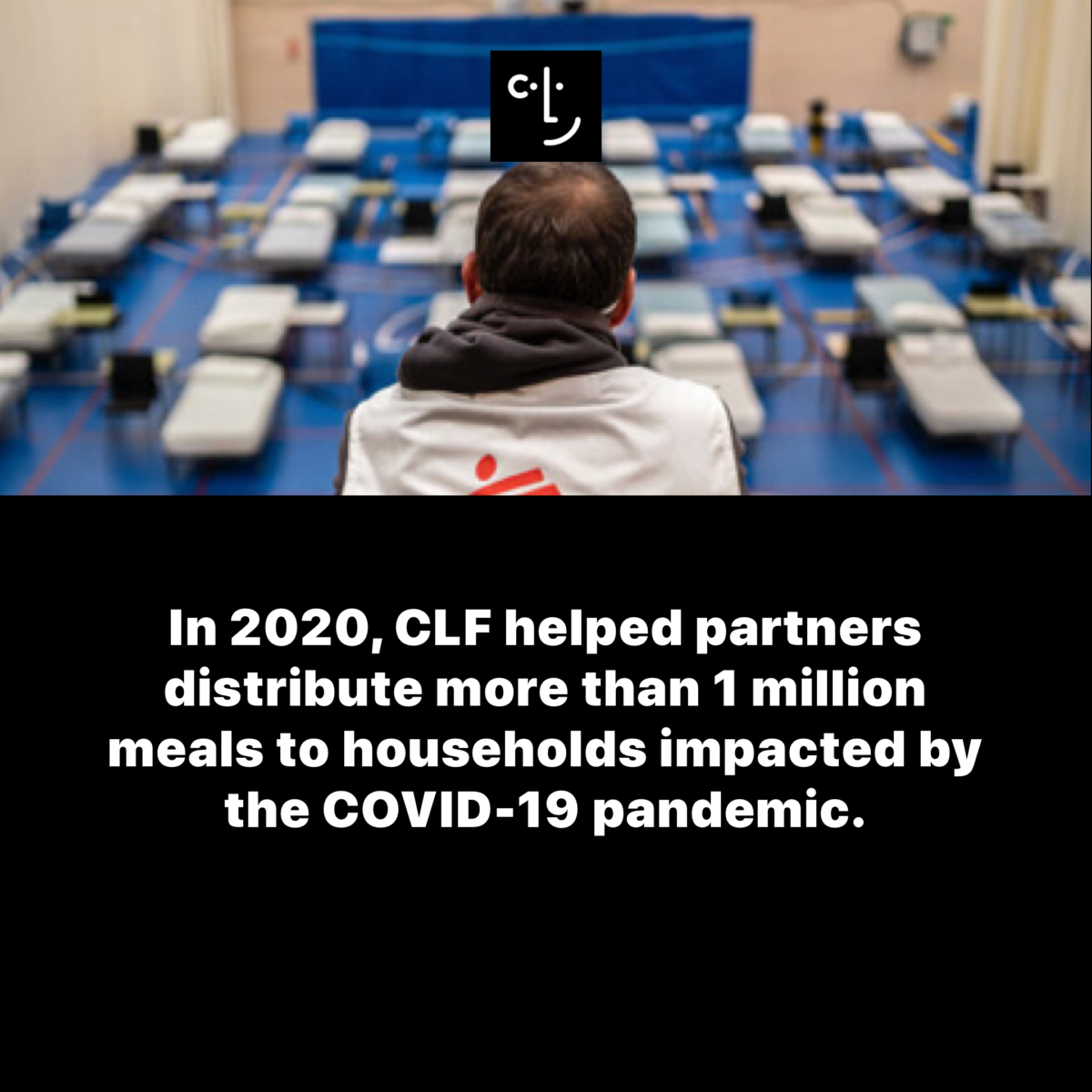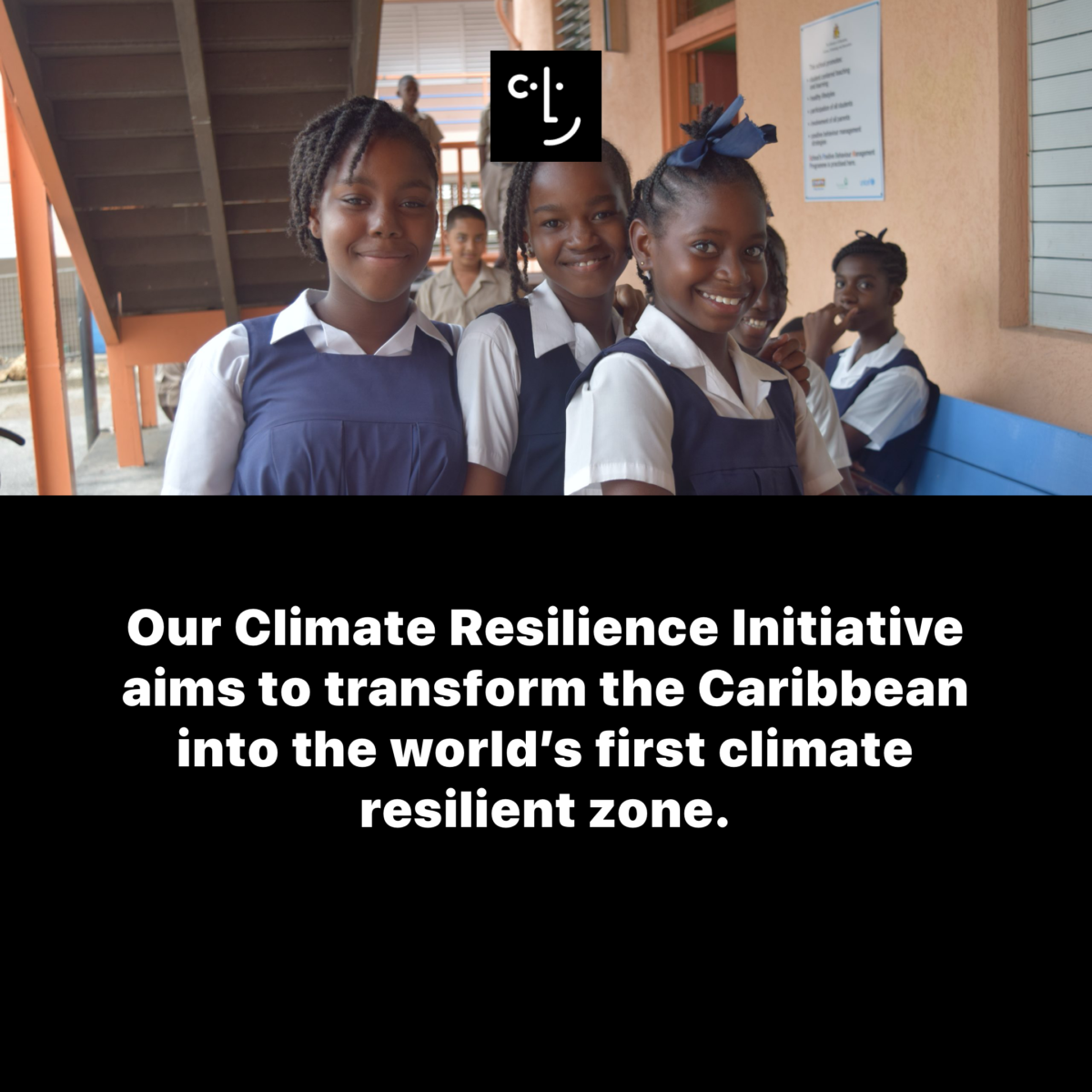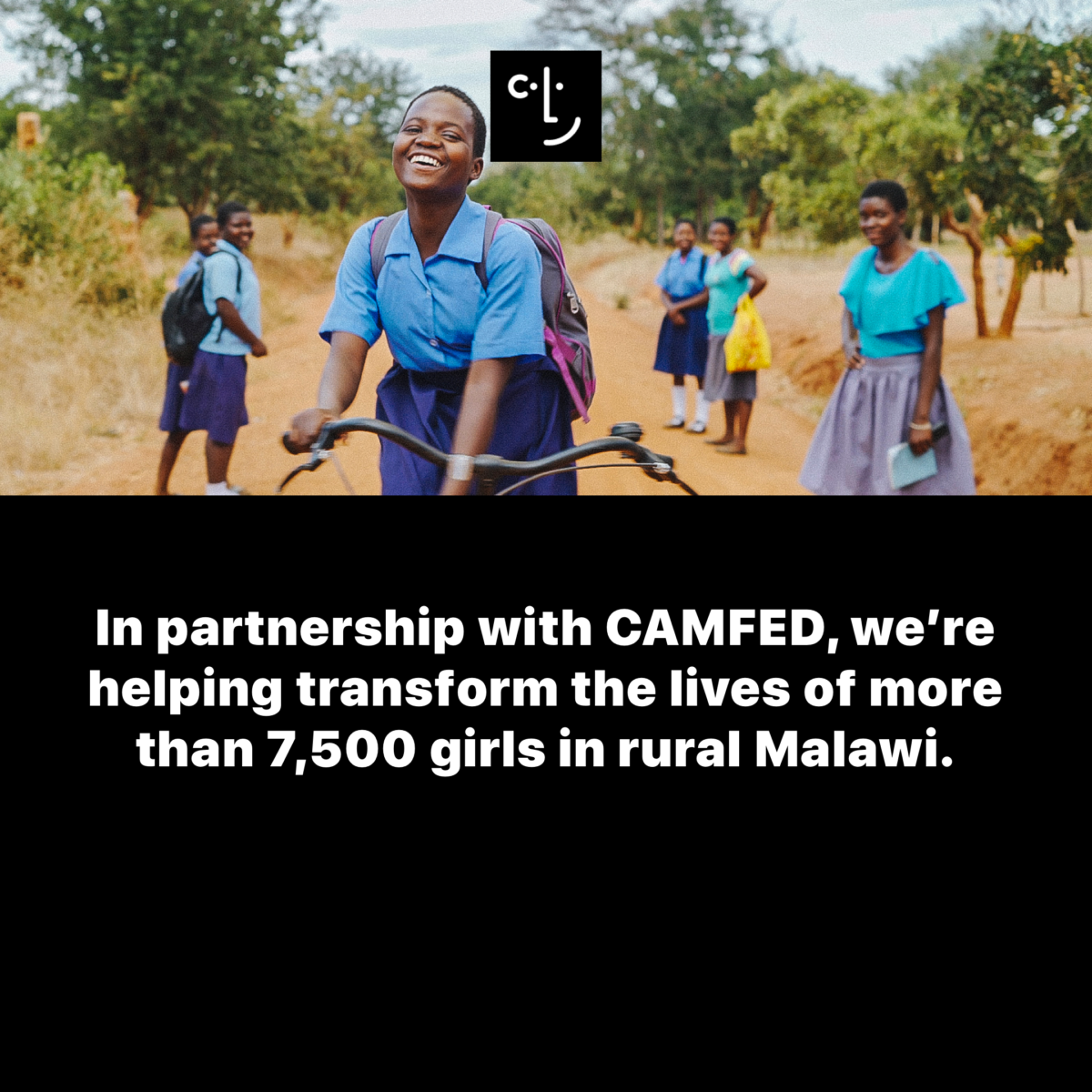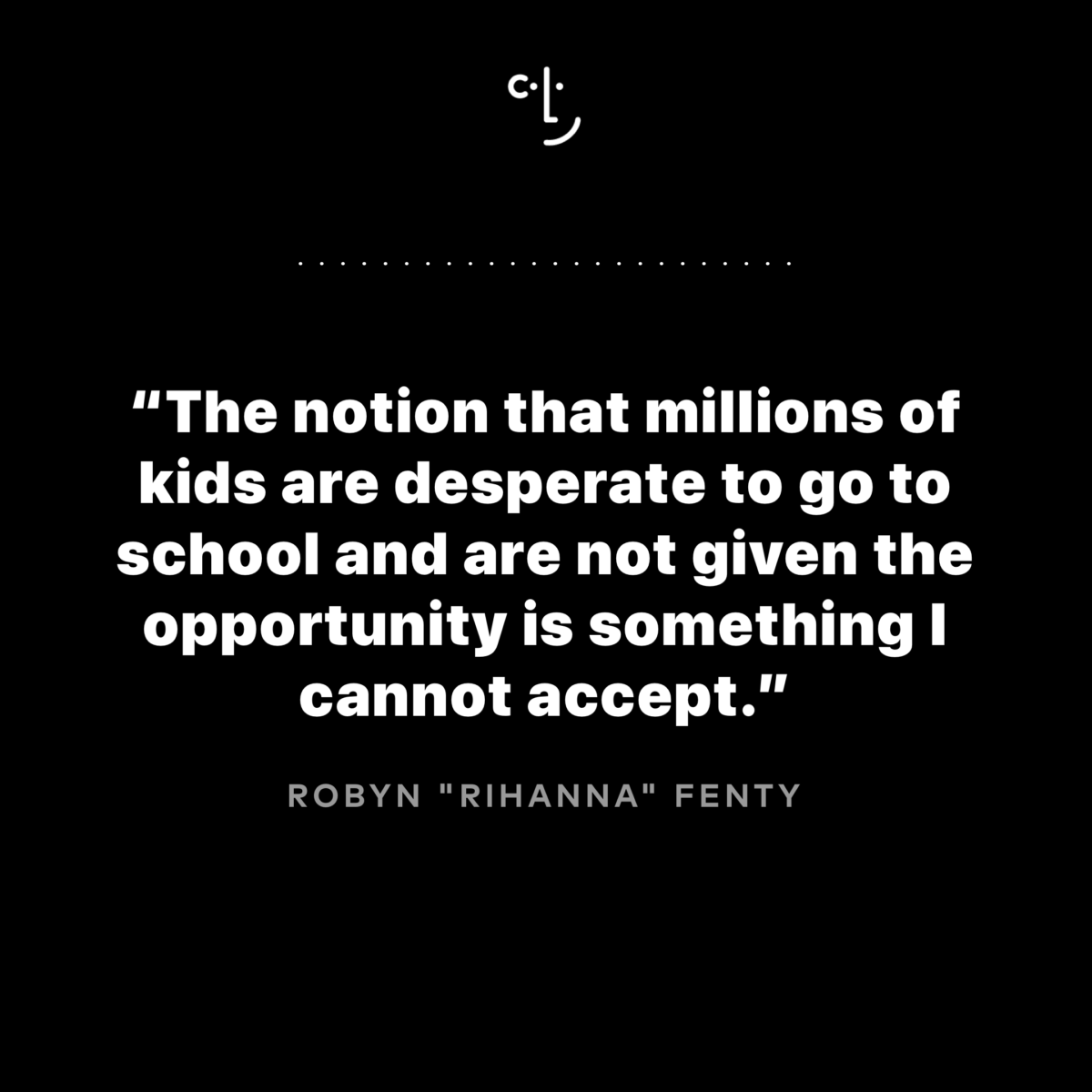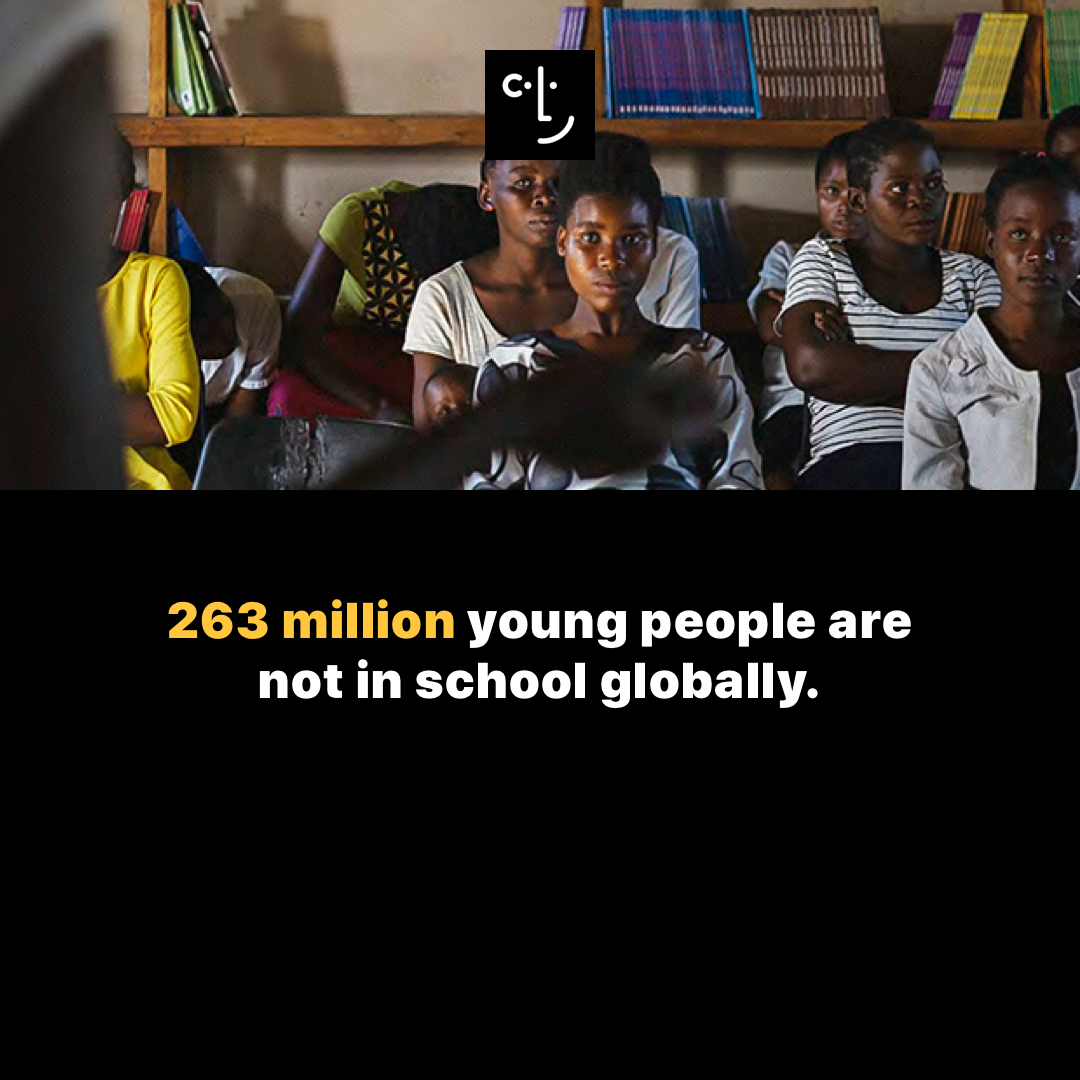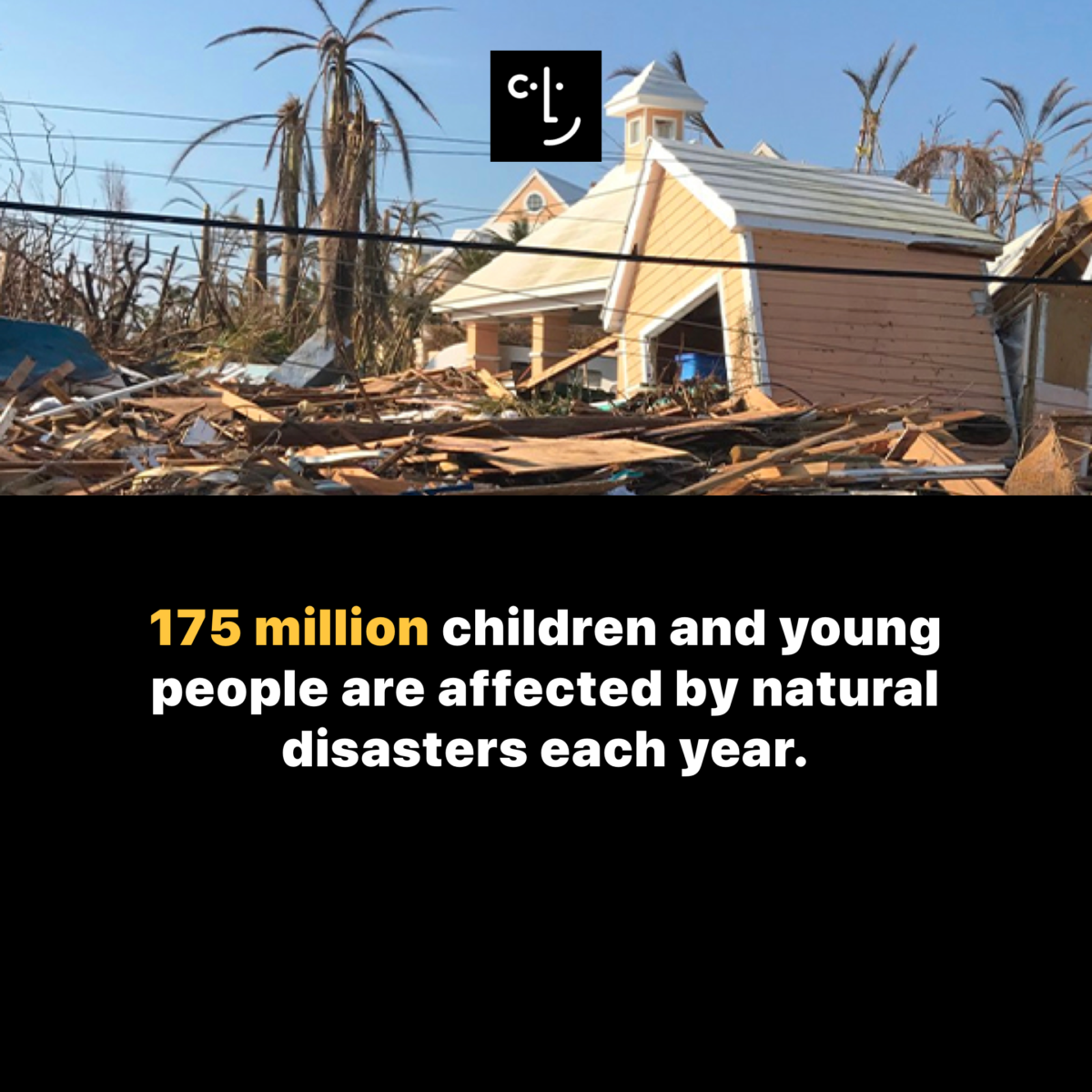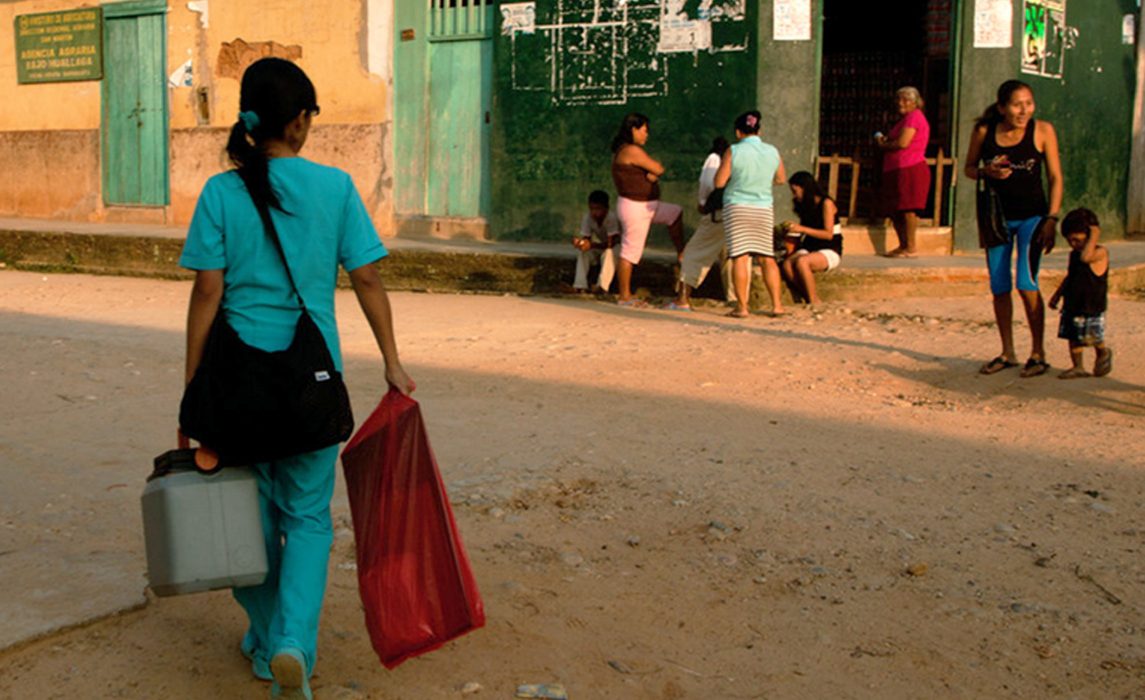
CLF, International Planned Parenthood Federation and Engineers Without Borders Announce Commitment to Strengthen Emergency Preparedness in Caribbean
New Initiative to Focus on Building Resilient Sexual and Reproductive Health Facilities

We are excited to announce that CLF, the International Planned Parenthood Federation/Western Hemisphere Region (IPPF/WHR) and Engineers Without Borders USA have joined forces to increase resilience to natural disasters in the Caribbean. One of the primary goals of the program, will be to harden existing clinic infrastructure and expand capacity to better provide critical sexual and reproductive healthcare for women and girls in the wake of extreme weather events.
Secretary Hillary Clinton, alongside CLF Executive Director Justine Lucas, announced the partnership at the CGI Action Network on Post-Disaster Recovery meeting in St. Thomas, U.S. Virgin Islands on Tuesday. The collaboration, which will be led by International Planned Parenthood Federation and leverage the technical support of Engineers Without Borders USA, is centered around programming that aims to strengthen emergency preparedness and grow response capacity for local sexual and reproductive healthcare providers in the region.
The Caribbean region is uniquely vulnerable to the devastation of climate change, including increasingly frequent and severe hurricanes. The risk of climatic events is compounded by poverty and inequitable access to healthcare and education. In the aftermath of such disasters, women and girls face disproportionate threats to their health, including increased pregnancy complications, psychosocial challenges, and gender-based violence. Integrating sexual and reproductive health into disaster preparedness and response is key to preventing and addressing these threats. Local health facilities can serve as critical response hubs immediately after a disaster as well as community cornerstones throughout long-term recovery, providing key sexual and reproductive health services. However, to play this crucial role, facilities must have resilient infrastructure, evidence-based emergency response plans, and a trained and committed staff.
“Our core work at CLF is focused on bridging the humanitarian and climate sectors to alleviate poverty and support communities of resilience. By joining forces with International Planned Parenthood Federation and Engineers Without Borders, we’re harnessing the power of philanthropy, with deep sector expertise, to help some of the most vulnerable populations--women and girls--to better prepare and withstand disasters,” said Justine Lucas, CLF’s Executive Director.
All three organizations are committed to using local labor and supplies throughout the projects while engaging with communities, and in particular with local women and girls, to ensure that sexual and reproductive healthcare is incorporated into broader disaster preparedness programs.
